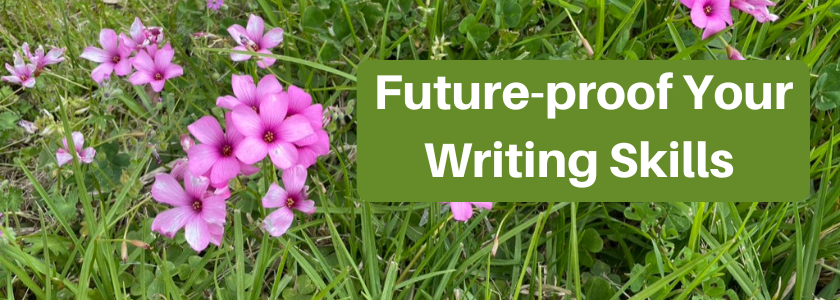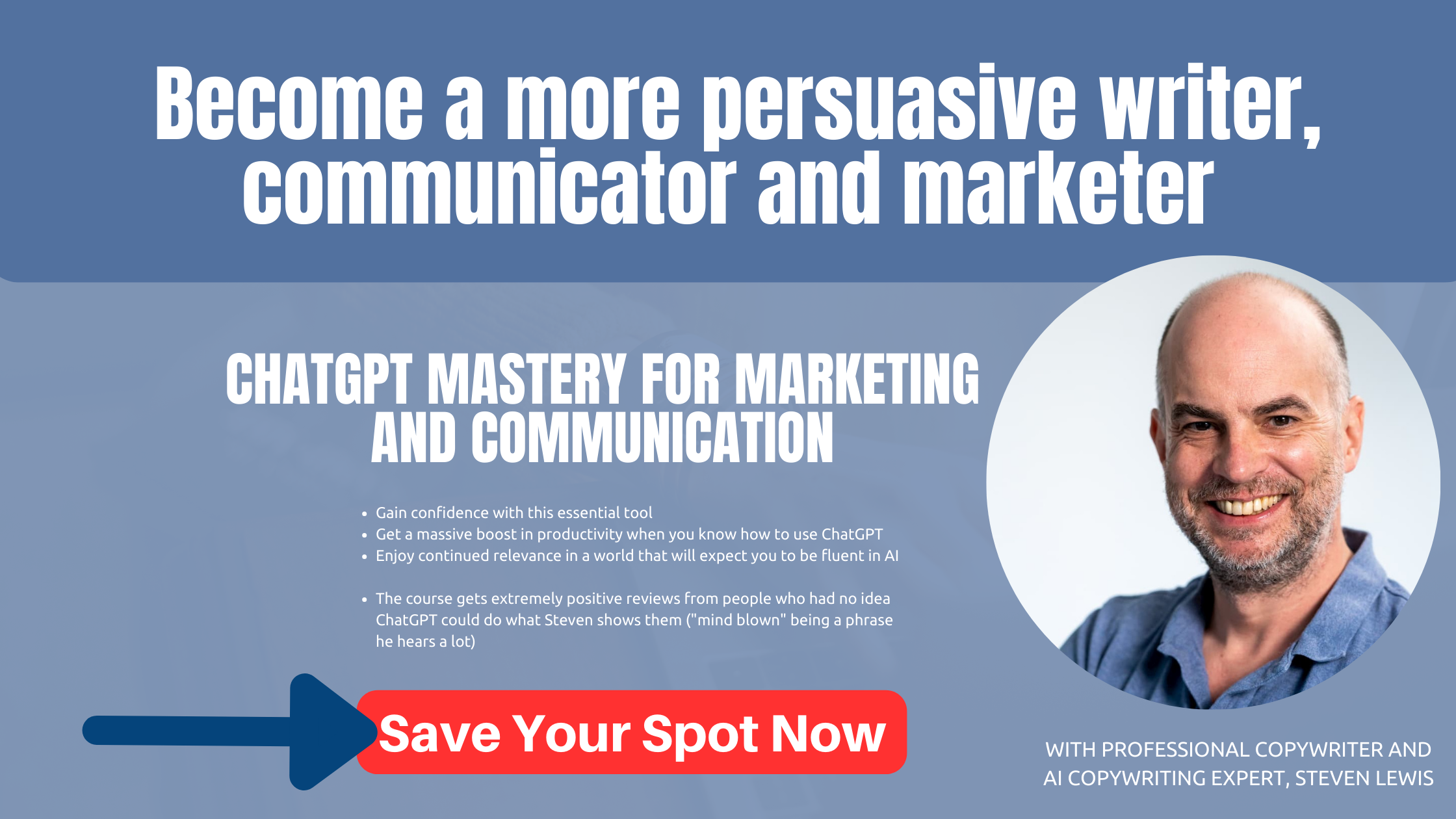Unlocking Freelance Success - Why Learning from Others Matters

I was sitting at a local cafe, watching this cheeky black bird (I think it was a raven), rip holes in the plastic bag lining the rubbish bin/garbage can.
Or I thought it was ripping holes.
On closer inspection it turned out that the bird was actually tugging at the plastic lining, lifting it up with its beak.

And every time it did, the lovely prize at the bottom of the bin drew tantalisingly nearer.
Eventually, a half eaten sandwich got close enough to snatch.
With a quick peck and beating wings, the bird leapt off the ground with its prize. But the sandwich was simply too heavy. And the bird tumbled most ungracefully back down, squawking indignantly 🤣🤣🤣.
It had to hang around the base of the rubbish bin and peck away bits of its prize until it was small enough to haul away.
The moral of this story?
It could that old cliche, "if at first you don't succeed, try, try again."
But I thought that was a bit too obvious.

I reckon it's more like this ....
When striving for big audacious goals, get ready for your success to be bigger than you thought.
That bird didn't just use one tactic to help it achieve success.
It tried multiple different ways to get that sandwich AND it kept trying until it succeeded in carrying it away.
It's worth asking whether you could or should do the same when it comes to getting paid for your ability to write well.
Let me ask you a couple of questions.
When you think about getting paid for writing, what type of writing gig springs to mind?
Is it the typical feature story? A travel article? An essay or opinion piece? Maybe white papers?
And do you assume that you're the one creating the content?
What if you were the person editing or translating other people's words into another language. Would that still fit your definition of being paid for your writing skills?
I hope so, because in these days of AI, people who know how to make magic happen with their words in new and innovative ways are more needed than ever before.
Don't believe me?
Think about it for a moment.
AI uses what's out there to determine, statistically, which words are the most likely to come next, given a specific instruction. So if what is "out there" becomes an ever widening pool of content based on old material, then eventually all the freshness and creativity is going to be lost.
Which means that what an AI creates ends up creating will be an echo chamber of thoughts and words that were probably so old they were mouldy to start with.
It's a bit of a convoluted way to talk about it.
But think of it like a garden full of annual plants.
Annuals, by definition, typically don't last more than a year.
Or if they do last longer than a year, the first year they will look amazing, but after that any plant regrowth is often stunted and doesn't look great.
So if you don't plant new seeds or seedlings, next year's growth is going to be stunted. And eventually the annual will die.
As a writer, not only do you need to be one step ahead of AI, you also need to be planting new seeds that help you grow your skillset. Particularly so you can stay be relevant to your clients.
Personally, I always try to learn one or two new things every year or to dive deeper into a skill I've already started developing. This year it's how to use AI ethically and effectively and how to buy and sell existing content-based website businesses.
But I'm not learning these skills from scratch, by myself.
I am learning from other people and leveraging their skills and experience to help me grow. In other words I buy courses, get coaching, participate in masterminds ... all the things that make it possible for me to learn from other, more experienced people.
Now, you're probably thinking ... "I already know I need to learn new skills. My problem is there's TOO much choice and I haven't even finished the courses I've already bought!"
I hear you. I've been there myself.
So I thought I would share with you my 4-step thinking process for deciding whether to invest in a course (or coaching) or not.
4 Things To Think About Before You Buy A Course
Be clear about why you want to learn something
In other words, what are wanting to get out of the training. What are your learning objectives.
Are you looking to improve your writing skills, learn marketing strategies, or understand the business side of freelancing?
Knowing your goals will help you choose the right course or create content that addresses specific needs.
Understand what your learning style is
Not everyone learns the same way.
Some people prefer reading a book and then having a crack at something. Other people prefer to watch someone do something and then copy what they do until they can do it themselves.
There's a lot that's been said about how adults learn. Are they visual learners? Do they learn by hearing, etc. There is definitely something in what the gurus have to say about it, but I'm not so sure that matters as much as they think it does.
I have helped hundreds of other people learn the skills for starting and growing their business. And I can tell you from experience that you can read about or look at something until you are blue in the face.
But until you actually TRY to do something, you have NOT learned how to do that thing at all. And if you never try to do it, all that information and theory will eventually slip out of your brain as well.
So you need to know how YOU best consume information and theory and then what it takes for YOU to truly turn that information into actual knowledge.
Check out courses thoroughly before signing up
There have a few times when I've bought a course, only to discover that it doesn't cover what I thought it did. Or the level was too beginner or too advanced.
So when considering a course, check the instructor's credentials and read reviews from past participants. And as a freelance writer, as per my point above, you'll be wanting to look for courses that offer practical, actionable advice rather than just theoretical knowledge.
Make sure the course includes interactive elements like assignments, feedback, and peer discussions if at all possible. When it comes to learning new skills, that old saying that "two heads are better than one" is very, very true.
Once you've got a course or two in your sights, ask yourself these questions.
- Do I have or can I make the time to give this course my full attention (or enough attention to make it worthwhile)?
- Will I be missing a future opportunity by not learning this now? (I've made that mistake, myself)
- Do I have the budget for this? If not, is it something I should be investing in and can I find the money somehow?
- How soon will I be able to start using what I've learned to help me grow my list of clients or get paid more or find more time ... or whatever benefit you hope to get from this new skill you want to learn.
I hope that was helpful.
If you have specific topics that you would like Treasa or I to cover, please hit reply to this email and let us know what they are.
Please note that as an Amazon Associate, we earn from qualifying purchases. That means that if you click on one of our affiliate links (these are clearly identified) then we will receive a small commission, for which we thank you. It helps us keep on providing informative posts that help you build your freelance writing career and business.






Member discussion